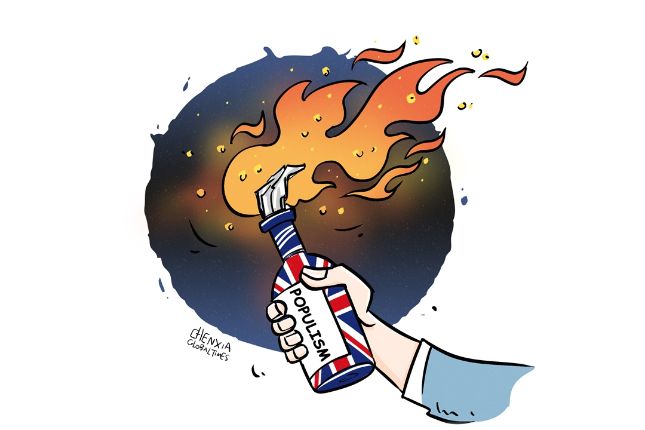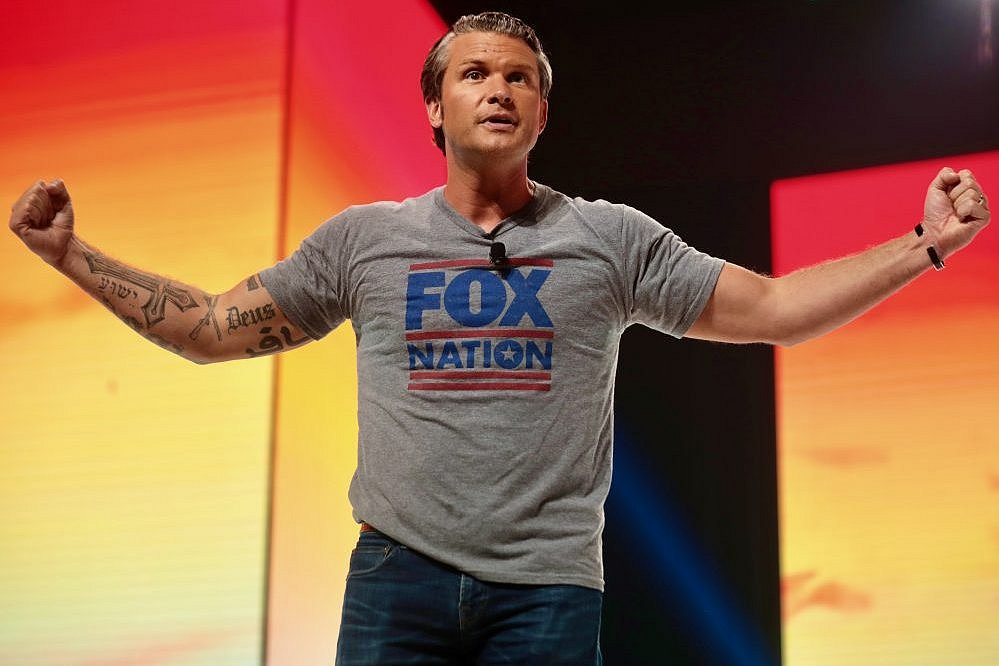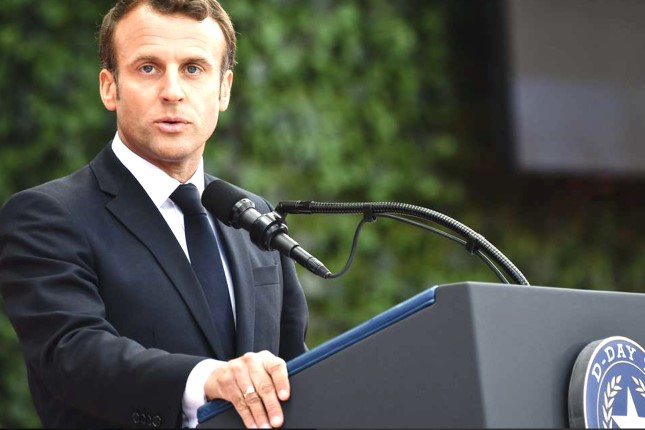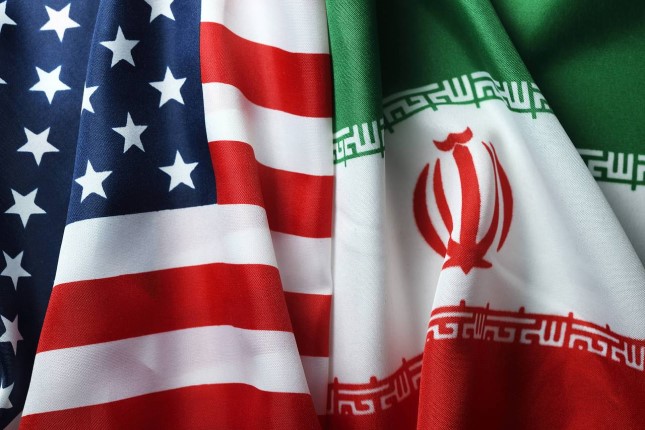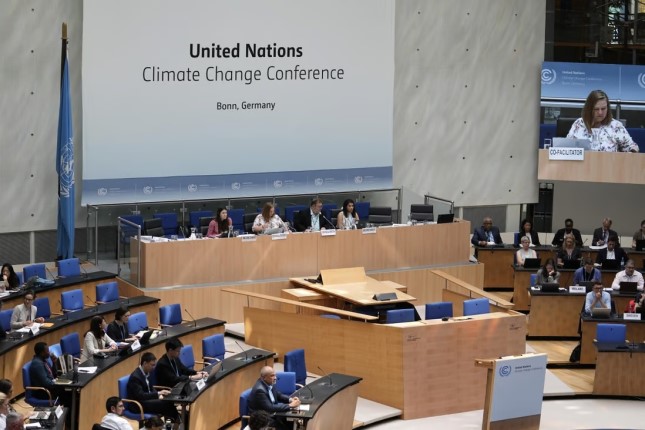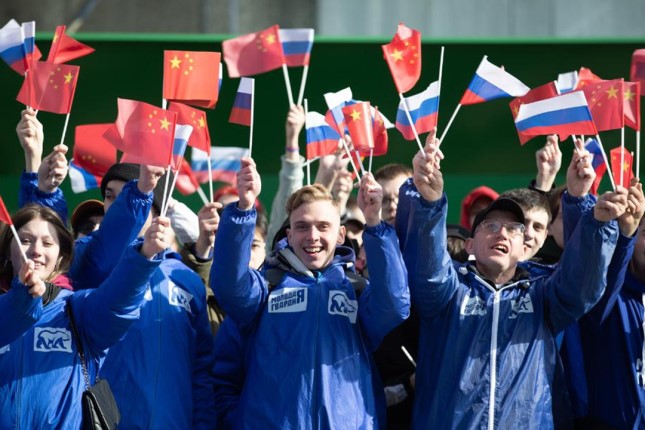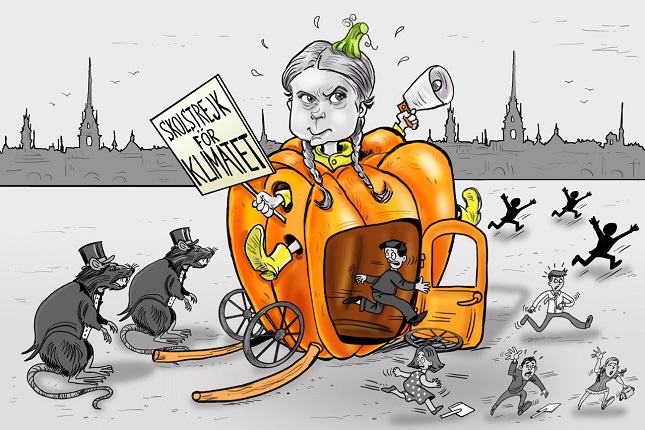According to information released by the British police, these violent events have the backing of the now-disbanded far-right group, the English Defence League.
David Olusoga, a British historian, wrote in The Observer that there are no excuses. The UK riots were a product of violent racism fueled by populism. This phenomenon isn't unique to the UK. In recent years, similar scenes have unfolded in the US and Europe, targeting not just immigrants but the very fabric of a multicultural society. It reflects deeper social and economic issues related to how Westerners see their status and identity in the world. What drives these rioters? What are they truly seeking, and can their desires ever be fulfilled?
At first glance, the rioters' grievances seem complex, but they essentially boil down to a fear of losing economic opportunities, as well as their social status and cultural identity.
As globalization and technological advancements reshape economies, traditional industries decline and inequality widens. Many yearn for a bygone era of perceived stability and abundance. They feel their social standing and cultural identity are threatened, especially in the face of increasing diversity and demographic shifts. Populists exploit these anxieties; social media keeps fueling impulses for violence, channeling them into hostility toward minorities and immigrants.
However, the "golden age" when the West led globalization and profited the most, which these rioters seek to reclaim, is a romanticized illusion. Globalization has brought irreversible changes in the economic and social structures of Western countries.
Attempting to turn back the clock is akin to trying to unscramble an egg - it's simply impossible. The past, with all its perceived glories, is gone for good.
The worldview of white supremacy further constrains their perspective on global changes. This narrow lens prevents them from embracing the diversity and complexity that globalization brings. Instead of introspection and addressing structural issues, they scapegoat external factors for their predicaments. This mindset colors their view of globalization and influences their nations' foreign policies. It also determines how they will view the rise of a significant Eastern country - China.
The West seeing China's development in a fairer and more rational light depends on whether it can pull itself out of the populist trap. The impossibility of returning to this idealized past necessitates a recalibration of the West's approach to international relations. Globalization has reshaped the world's economic and political landscape, and the West is no longer the sole dominant force. As the saying goes, "The only constant is change." Accepting an era where the West doesn't call all the shots is a reality these nations must face in the new century.
As the British philosopher Alan Watts once said, "The only way to make sense out of change is to plunge into it, move with it, and join the dance." Only by accepting change can one find new opportunities and happiness within it. This means adopting a more open and inclusive approach to foreign relations, acknowledging and respecting the interests and perspectives of other nations. Only then can the West find its footing in the globalized era and achieve genuine prosperity and stability.
In this process, the people of Western nations must also adjust their mindset, letting go of their fixation on the past and embracing diversity and change.
The elusive "golden age" is not just a nostalgic yearning for the past but a challenge for the future. Amid the tides of globalization, Western nations need to accept that multipolarity is the future of the world order.
Photo © Chen Xia / GT.
Source: The Global Times.
